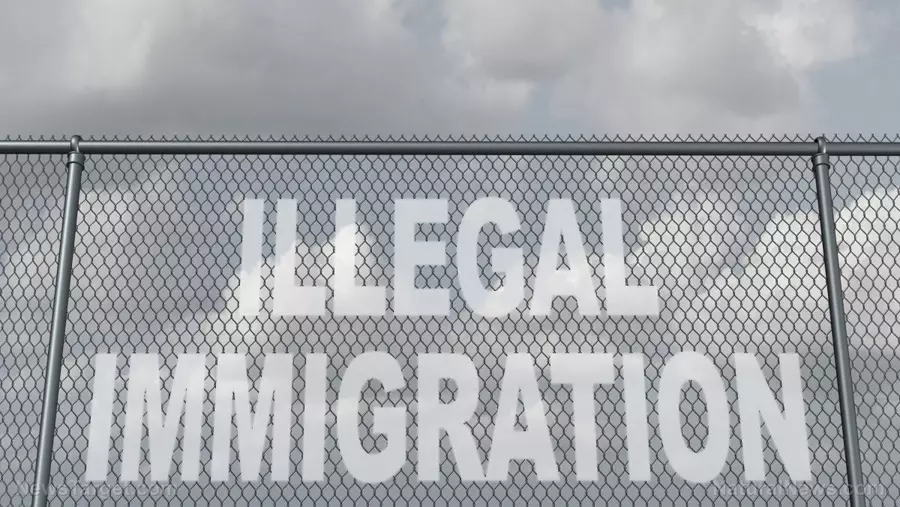The Department of Homeland Security (DHS) has announced a new rule that would allow approximately 550,000 undocumented spouses of American citizens to apply for “parole in place” (PIP. This program, based on the Immigration and Nationality Act of 1965, leverages the government’s authority to grant parole to undocumented spouses of citizens already residing in the United States. The program is extended to undocumented children, provided they are the stepchildren of U.S. citizens and their eligibility hinges on the alien parents’ PIP eligibility.
Under the rule, those eligible for parole will be able to avoid deportation and potentially seek more permanent legal status. The DHS stated that this initiative seeks to keep families together and that “granting parole in place, on a case-by-case basis, to eligible noncitizens under this process will achieve the significant public benefit of promoting the unity and stability of families.
In addition to the family-centric focus, the DHS stressed several broader benefits of the rule. Officials believe the measure will enhance the economic prosperity of U.S. communities, foster stronger diplomatic ties with partner countries and alleviate pressure on the nation’s limited immigration resources. Related: Biden administration rushing to process citizenship requests AT THE FASTEST RATE in 10 years.
The rule applies to spouses of U.S. citizens who have lived in the country for at least 10 years as of June 17. To qualify, immigrants must not pose a threat to national security, public safety or border security. The DHS estimates that out of the 765,000 undocumented immigrants married to U.S. citizens, about 500,000 will be eligible for this protection. Additionally, approximately 50,000 children of these immigrants may also apply for parole, provided they meet the criteria, which include having resided in the U.S. since June 17 and maintaining a clean record.
Parole, as granted under this rule, is a temporary measure offering deportation relief. It provides undocumented immigrants the opportunity to extend their stay in the U.S. and potentially transition to a more permanent legal status.
Analysts warn PIP is “legally questionable” and “purely politics. Democrats, including Rep. Sylvia Garcia (D-TX) and the Florida Immigrant Coalition, an organization that protects illegal immigrants in Florida, lauded the decision. However, Andrew Arthur, a fellow in law and policy at the Center for Immigration Studies (CIS), which advocates for low levels of immigration, wrote in a blog post that there will be “inevitable legal challenges” for the “legally questionable” rule.
Arthur also noted that the brief CIS web page titled “Process to Promote the Unity and Stability of Families,” offers little in the way of concrete details, merely stating that a Federal Register Notice will be published soon to provide further guidance on the application process, including required forms, fees and supporting documentation.
There would be no reason – aside from pure politics – why that Federal Register rule implementing the Biden PIP program would not have been issued at the same time that the program was announced. At this point, the PIP proposal is little more than a ‘promise’ to do something – not a plan to actually do it,” Arthur continued.
Given all of this, the White House’s PIP proposal is at best ‘half-baked,’ taken out of the administrative oven before its time. Unless this is a political sop offered to appease the president’s progressive base, which was angered by the administration’s June 4 ‘Proclamation on Securing the Border’ (which itself is all show and no substance), this PIP is simply a slipshod attempt to buy more time for further policy deliberations.
Sources include.
TheEpochTimes.com.
CIS.org.
Brighteon.com.

